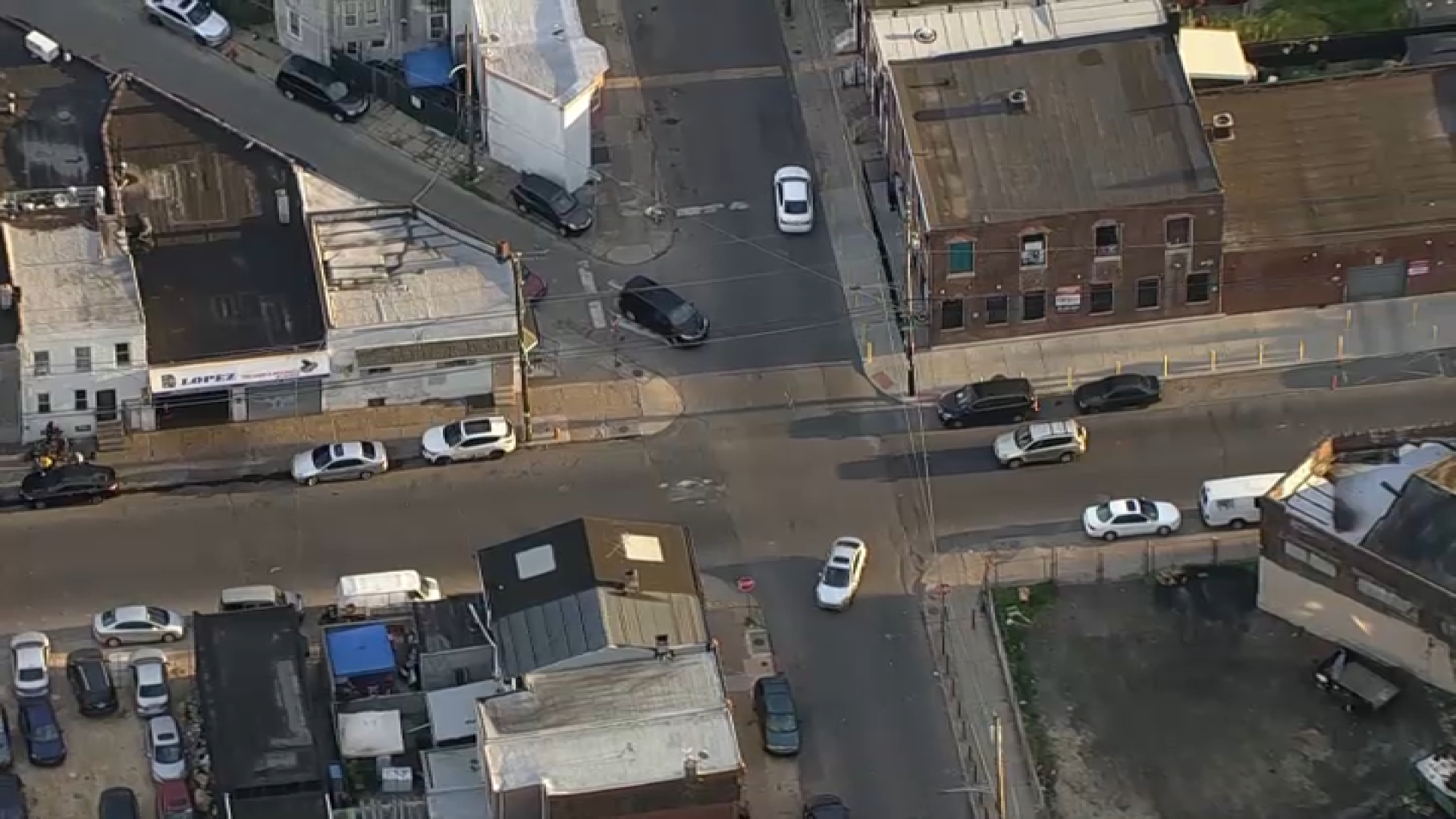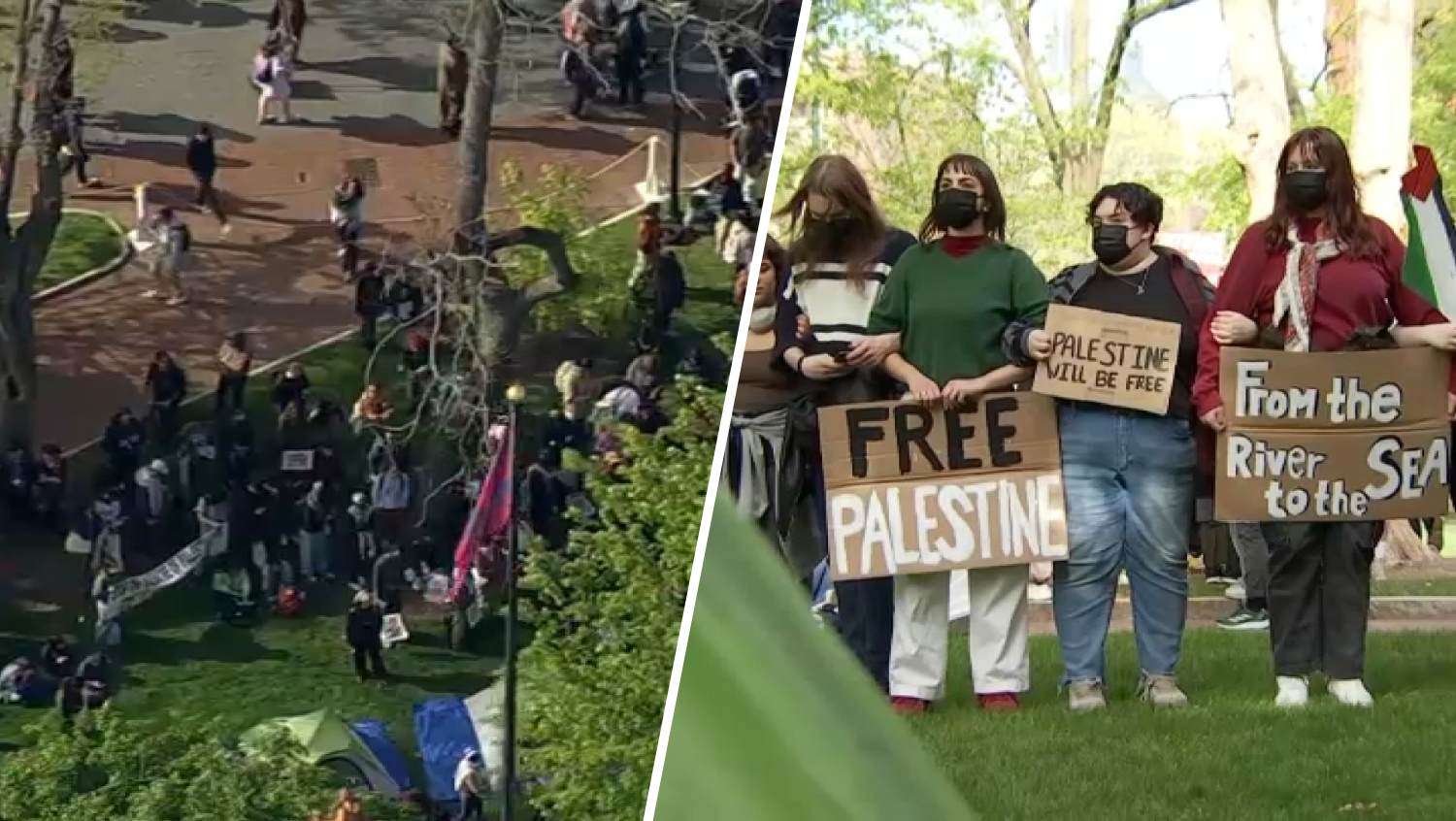After two years of silence amid an onslaught of sexual assault allegations, comedian Bill Cosby is sending carefully targeted messages about racial bias across the media landscape ahead of his June 5 trial in suburban Philadelphia.
Cosby, 79, spoke to a black news outlet last month for a story that meandered from his self-described blindness to the racist history of the United States to his dream of returning to the stage.
His daughters sent audio statements to select radio stations last week in which Ensa Cosby said her father had been "lynched" in the media.
The messaging continued this week in the Pittsburgh courtroom where jury selection was conducted. After prosecutors struck two black women from the panel, defense lawyer Brian McMonagle attacked what he called the other side's "systemic exclusion of African-Americans."
Two blacks were among the 12 people chosen for the jury, and two more were among the six people chosen as alternates. They will be sequestered 300 miles from home in suburban Philadelphia for the trial. Cosby's lawyers had asked for an outside jury because the case was a 2015 campaign issue in Montgomery County, where Cosby is accused of drugging and molesting a Temple University employee in 2004.
Lawyers on both sides said late Wednesday they were satisfied with the jury's makeup, given that it exceeds the 13 percent black population in Allegheny County, where the jurors were chosen.
"The Cosby team (now) cares about how the public and maybe even how the black community feels about this whole situation, which is striking given his diatribes against the most vulnerable people in that community. But we've seen stranger things in these big trials," said James Braxton Peterson, director of Africana Studies at Lehigh University. "It's ironic how he makes that pivot, given that he's demonized poor black people in the past."
Local
Breaking news and the stories that matter to your neighborhood.
Cosby broke barriers as the first black actor to star in a network show, "I Spy," in the 1960s and created the top-ranked "Cosby Show" two decades later. But he has since alienated young blacks with his criticism of their clothes, music and lifestyle. And younger black comedians who once paid tribute to him have instead taken to calling him out onstage.
Hannibal Burress inspired more accusers to come forward when he called Cosby a rapist in his act in 2014, while Dave Chappelle has talked poignantly about losing faith in his childhood idol.
On his Facebook page, Cosby posted a photo this month of a bold, new portrait of a younger "Dr. Cosby" as the artist delivered it to his New York home. Cosby calls the portrait, "Restoration of Legacy."
And in a longer SiriusXM interview last week, he reiterated his desire to clear his name, resume his career and restore his legacy.
"I want to get back to the laughter and the enjoyment of things that I've written and things that I perform on stage," Cosby said. "I still feel that I have an awful lot to offer."
Loyola Law School professor Laurie Levenson wonders if Cosby is trying to signal to blacks on the jury with his recent comments, by sending the message "that you have a mission on this jury, to make sure he's not treated as a black man who's come on aggressively to white women."
At the same time, she said, Cosby is hardly the average black defendant.
"Bill Cosby is African-American. But he is the African-American celebrity who crossed the race divide. He had enormous appeal to white households," Levenson said.
The trial is expected to last about two weeks.



